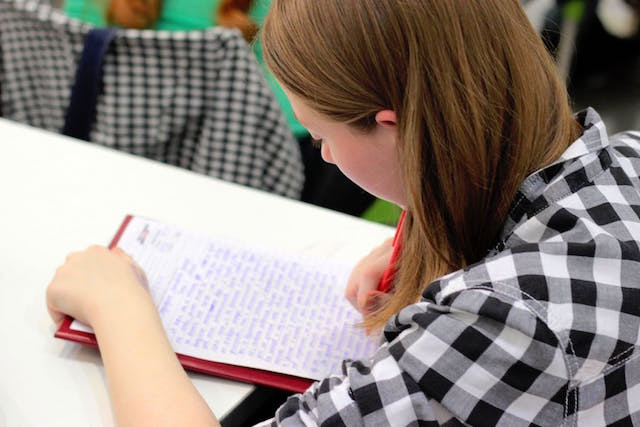When it comes to global rankings, the Pisa study is Luxembourg’s pet peeve, placing the grand duchy below the OECD average for the levels of 15-year-olds in science, maths and reading since it began participating in the assessment in 2000.
“I think that we cannot truly speak of international comparability if you consider the different national school contexts. Luxembourg’s position is hard to interpret because it is one of the rare countries to have tested its pupils in a language that is not their mother tongue, the only country to have more than 50% of 15-year-olds with a migratory background and the only country to introduce pupils to three languages at the start of their school careers,” education minister Claude Meisch wrote in response to a parliamentary question.
The minister said in future Luxembourg would participate in the study every six years instead of every three years. It means Luxembourg will participate in the comprehension and written assessment in 2018, after which it will not participate again until 2024.
In future Meisch said he hoped Luxembourg would collaborate with countries and towns with which it shared common traits, such as size, socio-economic backgrounds, migratory backgrounds and multilingual learning contexts. He said he placed his trust in the educational assessments being conducted by the the Luxembourg Center for Educational Testing at the University of Luxembourg.
